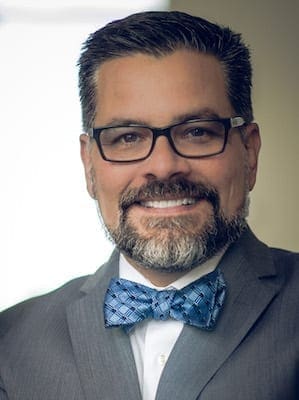I was shocked by the universal response of villagers in Ghana to a question I asked on my most recent trip.
NorthHaven Church in Norman, Oklahoma, has been sending teams to Ghana in West Africa for more than 10 years.
Each time we take a trip to this remarkable country and visit her beautiful people, we take insecticide-treated bed nets to prevent the spread of malaria.
Outside the northern city of Tamale during our last visit in 2016, I asked the assembled crowd of 200 village residents how many had lost children or an elder to this terrible disease.
To our group’s astonishment, every person in the village raised their hands.
Malaria remains the number-one killer of children and the elderly in Sub-Saharan Africa.
Malaria is brought about by the bite from an infected mosquito. The mosquito transfers the parasite to the victim’s bloodstream, causing fever, chills, sweats, headaches, nausea and body aches, according to the Center for Disease Control and Prevention (CDC).
If left untreated in children and elderly patients, the disease can be fatal. Some of the worst cases involve cerebral malaria, severe anemia, hemoglobinuria, acute respiratory distress syndrome and acute kidney failure.
On April 25, the World Health Organization (WHO) will sponsor its annual World Malaria Day. WHO is raising awareness, prevention and research funding to eradicate malaria around the world.
Globally, the CDC reports 3.2 billion are at risk of contracting malaria, while the disease was eliminated from the United States in the early 1950s. WHO estimates that in 2015, malaria caused 214 million clinical episodes, leading to 438,000 deaths.
These deaths can be prevented, but the world needs to decide if these victims of malaria are worth saving.
Why are they any less worthy of life than we are in the developed world?
They are worthy. Jesus said so.
In Matthew’s Gospel, Jesus instructed his disciples that they had been given the authority to cure every disease and every sickness (Matthew 10:1).
Let’s think about that for a moment. Disciples of Jesus have been given the “authority” to cure every disease and sickness. What does that mean?
The Greek word translated for “authority” is “exousia,” which means having a moral power or authority over something.
In other words, Jesus has empowered his followers with a moral authority to work within the lives of the sick with the goal of bringing healing and wholeness.
As World Malaria Day is observed around the globe this year, Christians should be leading the way in bringing about an end to this terrible disease.
Given the authority by Jesus himself, we should be dedicating and using our resources, networks and personnel to bring healing to those the world has forgotten.
Christians should embrace this Christ-given authority so that all those suffering and dying from malaria can have life.
Mitch Randall is pastor of NorthHaven Church in Norman, Oklahoma. His writings also appear on NorthHaven’s blog, and you can follow him on Twitter @rmitchrandall.
Editor’s note: This article is the first in a series for World Malaria Day (April 25).

